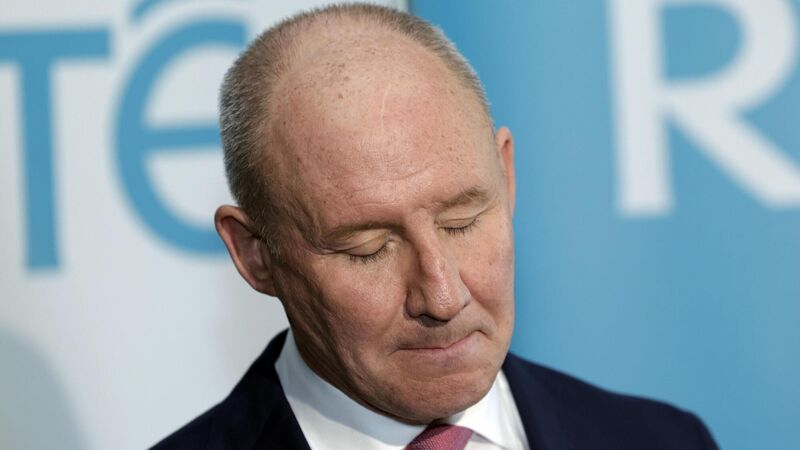Technically, Jim Gavin could still win this election

What would happen in the event that Jim Gavin were eventually to top the poll? The answer, it seems, is that it would be open to him to take the Presidential Oath and assume office. File photo: Conor O'Mearain/PA
The rather outlandish stories you will have heard about Jim Gavin’s status in the presidential contest, although he has apparently withdrawn, are in fact correct.
They flow from the Presidential Election Act, 1993. By section 30, "a person in respect of whom a nomination paper has been delivered…may withdraw his candidature at any time before the completion of nominations, but not thereafter".
















